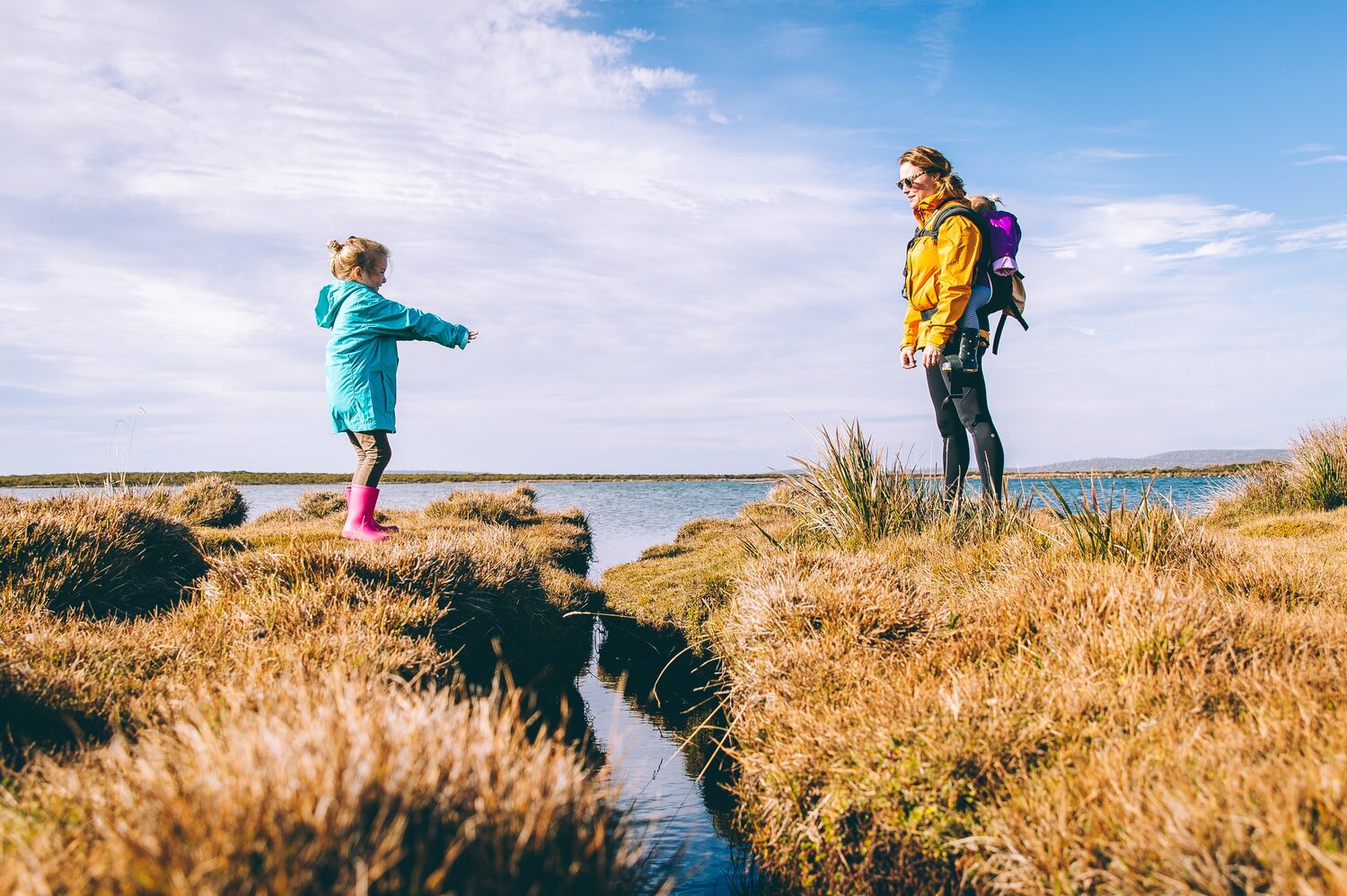When you have seasonal allergies, it can seem like a hopeless feat to try to avoid the allergens. I tend to see two types of seasonal allergy sufferers. There are the people who are connected to the outdoors and continue to farm, garden, and exercise through their swollen itchy eyes and snotty noses. Then there are the people who close up the house and stay inside as much as they can. Neither option is ideal. I encourage people with seasonal allergies to meet with an Allergist. Allergy testing can identify allergens to allow for focused avoidance techniques. It can also isolate specific allergens for treatment with allergy immunotherapy.
For those looking to decrease seasonal pollen and mold exposures, try these 5 best tips recommended by Allergists.
-
Keep windows and doors closed
By keeping windows and doors closed in the house, car, and work, you are physically separating the pollen or mold saturated outdoor air from the air inside. If using air conditioning, the indoor air is then cycled through a HEPA air filter to catch any stragglers that may have hitched a ride inside with you or a pet. You will likely breathe and sleep a little easier with fewer allergens in the air to flare your symptoms.
2. Do not use a clothesline to dry your clothing or bed linens
While clotheslines are making a comeback as a greener alternative to electric drying machines, seasonal allergy sufferers should think twice before using one during their allergy season. Clothes or linens dried on the line pick up pollens and molds that blow in the wind. Then when you fold them and transport the dry items into the home, the allergens are carried with them. The last thing someone with allergies should do is wear clothing, lay on sheets, or dry off with towels that have been saturated with allergens.
3. Wear a mask when doing yard work, and then shower and change clothes after work is done
When being outside is a must for getting chores done, wearing a mask can lessen the blow of increased allergen exposure. Choose an appropriate NIOSH-rated mask to block pollens, grass clippings, and molds. After the work is done, place clothing directly in the washing machine and shower to wash allergens from your skin and hair.
4. Bathe pets that may carry outdoor allergens on their fur or paws
Furry pets like cats and dogs are often in and out of the house. They roll around, frolick, and play, then come inside to rub against you, your furniture, and sometimes your bed. In highly sensitized individuals this seemingly small level of allergen exposure can trigger allergy symptoms. For quick trips in and out, consider wiping them down with a damp cloth to remove any loose allergens or dirt. For longer outdoor play, and at least once a week, bathe your pet to keep dander and hitch-hiking allergens at bay.
5. Monitor pollen counts to plan outdoor work and activities
Sometimes symptoms can become so severe, it is necessary to avoid going outside when allergen levels are high. Tracking pollen counts from your nearest pollen counting station can give you a heads up for the days that pollen and mold counts will be the highest. Adjust plans accordingly to keep yourself comfortable.
Following these 5 best tips for avoiding seasonal allergens can help you get through the worst of allergy season. I encourage people with allergies to take efforts to prevent and control their symptoms, rather than letting their allergies control them.




